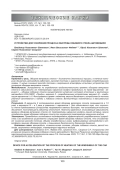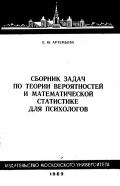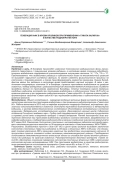Проблема и цель. Обогрев ветрового стекла - достаточно длительный процесс, в течение которого двигатель автомобиля работает, расходуя топливо и загрязняя атмосферу отработавшими газами. С целью снижения расхода топлива и загрязнения атмосферы испытано устройство для ускорения обогрева ветрового стекла.
Методология. Эксперименты по определению продолжительности времени обогрева ветрового стекла в зависимости от температуры наружного воздуха проводились по трем вариантам: вариант I - обогрев лобового стекла осуществлялся штатной системой отопления и вентиляции автомобиля УАЗ-236021 «Профи»; вариант II - разработанным устройством; вариант III - комбинация вариантов I и II. Фиксировалось время с момента запуска двигателя и устройства до полного удаления запотевания и наледи с лобового стекла. Вентиляторы подключались в максимальный режим.
Результат. В варианте II экспериментов время обогрева ветрового стекла сокращается в 1,5 раза, в варианте III - в 2 раза в сравнении с вариантом I. Это объясняется тем, что источники тепла предлагаемого устройства нагреваются намного быстрее, чем охлаждающая жидкость двигателя, поступающая в радиатор отопителя. Получены уравнения, описывающие зависимость времени обогрева ветрового стекла от температуры наружного воздуха, решая которые, можно определить время обогрева лобового стекла при конкретной температуре наружного воздуха.
Заключение. Проведённые исследования подтверждают эффективность разработанного устройства. Его применение существенно сокращает время обогрева лобового стекла, что способствует снижению расхода топлива, объема отработанных газов, выбрасываемых автомобилем в атмосферу в режиме обогрева стекла, и повышению безопасности дорожного движения.









